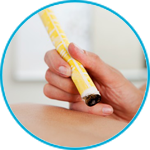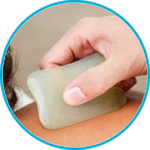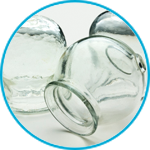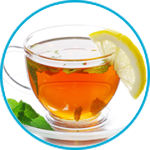Over 4,000 Years of History
What can Acupuncture Treat?
Chinese medicine is a complete healthcare system that has been practised for thousands of years. Since Traditional Chinese Medicine (TCM) treats the whole person rather just specific symptoms in isolation, it can offer benefits to a vast range of physical and mental conditions. For the latest information and research into acupuncture for specific conditions, you can visit the British Acupuncture Council website.
By looking at the body as a whole and considering all of the signs and symptoms together, TCM aims to treat any complaint and prevent recurrence. In addition to their main complaint, patients will often report ‘positive side-effects’ to treatment such as improved sleep or less headaches since TCM aims to address the whole pattern of imbalance. Acupuncture can be used alone, or alongside other therapies and treatments from physiotherapy to chemotherapy. Here are a few examples of conditions for which acupuncture is commonly used to treat:
- Migraines and tension headaches
- Fertility issues and pregnancy support
- Respiratory conditions
- Auto-immune disorders
- Gynaecological issues such as irregular or painful menstruation
- Injuries and pain such as back pain and Sciatica
- Digestive problems such as IBS
- Insomnia and tiredness
- Menopausal issues
- Mental and emotional issues such as stress, anxiety, panic attacks and depression
- General well-being and immune support










